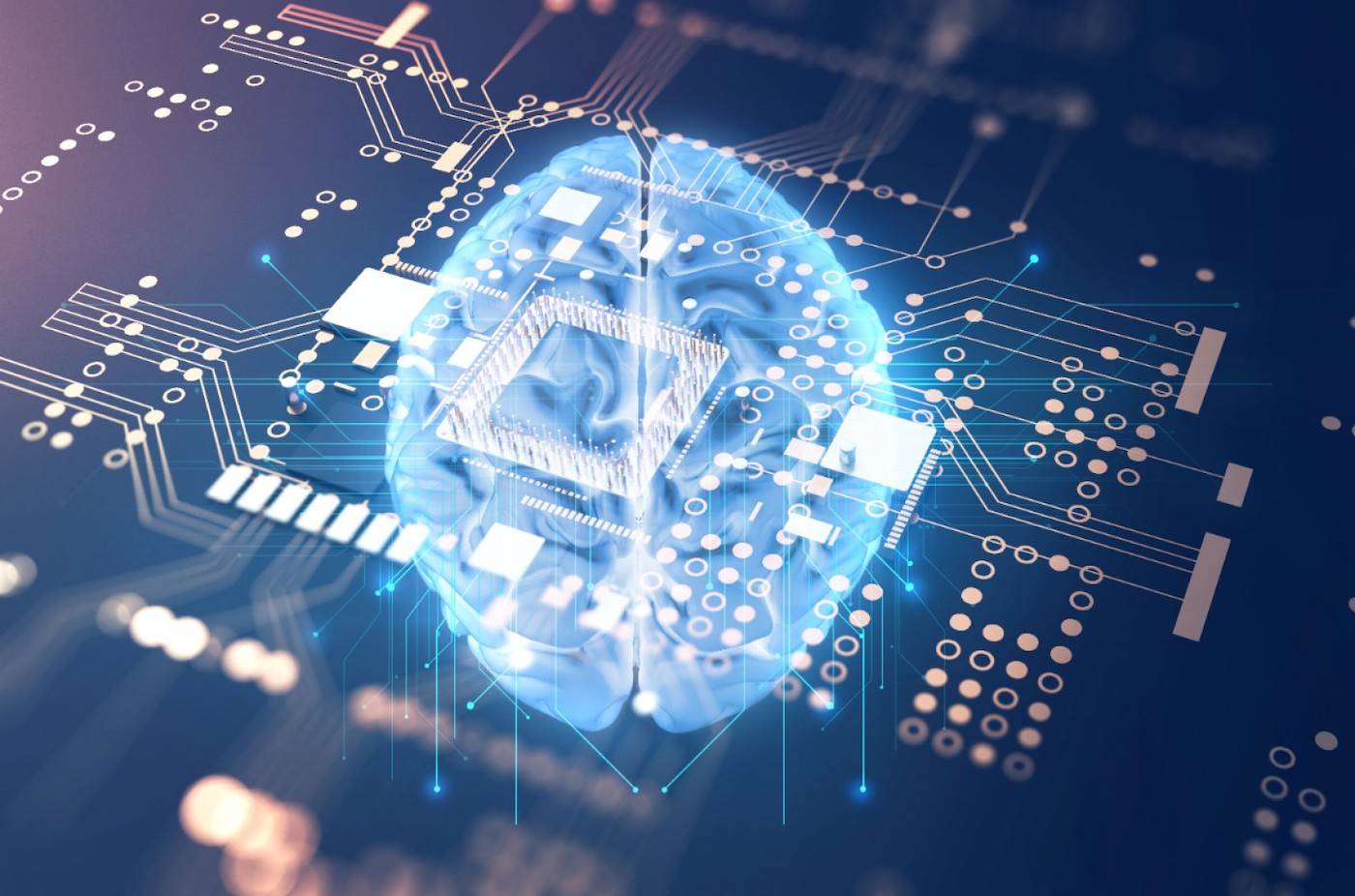The year 2023 was marked by the generation of artificial intelligence (Gen AI). Every change or improvement to the systems sparked a whirlwind of emotions in the public, fueling ongoing discussions. Gen AI is undoubtedly the fastest-growing branch of artificial intelligence. Will the emotions accompanying its development be just as high this year? Or, are we in for breakthroughs on the scale of ChatGPT? What role will AI play in politics, elections, and the problem of deepfakes?
Generative artificial intelligence will remain a leading trend in 2024, but the number of people who use these tools commercially is still relatively low. Therefore, the focus will be on developing Gen AI commercially and answering the question of what value can be gained from using these tools?
Human and Machine Collaboration
With the massive development of AI, there have been numerous voices and concerns over whether machines will pose a threat to workers and whether AI will replace humans:
“The initial emotions have already subsided. People have realized that the development of AI will only help us achieve higher productivity. We are becoming more sensible about using AI – in a productive but also safe way. As the saying goes, you will not lose your job to AI, but rather to someone who uses it. AI has become an integral part of our everyday lives and people have started to accept it. The next step is to be able to use it fully aware to improve our work, ” comments Paul Hewitt, Global Head of Data & AI, Luxoft.
In a broader perspective, the use of Gen AI will enhance people and make them more productive. “A perfect example of this is programmers using tools like GitHub Copilot to speed up their work and software code creation process. So in 2024, we will see an increased emphasis on the actual implementation of tools and their commercial use,” adds Paul Hewitt.
According to the Accenture Technology Vision 2024 report, generative AI could generate global revenues of $6-8 trillion by optimizing nearly half (44 percent) of working hours in organizations and increasing efficiency in 900 occupations.
Year 2024 – The Year of AI Elections
The year 2024 has already been touted as the “Year of the First AI Elections.” In the coming months, a record number of people worldwide will march to the polls to vote. Artificial intelligence will be a tool widely used by election campaigns for data analysis and precise communication. Thanks to AI’s ability to collect almost infinite amounts of information and create personalized content, it will be possible to influence public opinion, and real-time election patterns can be analyzed to target voters with algorithm-based ads. While using AI this way is not bad in itself, the use of such potent technology in the context of politics also has its dark sides.
“Of course we refer here to the use of AI for social manipulation and the spread of deepfakes. Although it is hard to tell to what extent fake news will actually influence election results, the scale of their spread is vast. It becomes increasingly challenging to distinguish what is real and what is machine-generated. Just a few years ago, creating a deepfake required advanced technical skills, but generative AI made it easy and accessible to everyone,” comments Paul Hewitt from Luxoft.
Even reputable sources can be fooled by AI-generated content. An example is when AI-generated images, allegedly depicting the crisis in Israel and Gaza, flooded stock image markets like Adobe. There are also allegations that deepfakes were used during elections in Argentina, New Zealand, and Turkey in the past year.
“Therefore, the coming year will be crucial for those fighting the spread of such content. We can call this a new kind of legal risk that no one had thought about before. And now many questions arise: How do we regulate all this? How can we regulate things that have the potential to influence the thoughts and opinions of millions of people? To decriminalize? But to what extent?” comments Paul Hewitt. The currently available content tracking and recognition programs are not always able to detect false information.
“Of course, every provider of such services introduces new tools, improvements to the offered systems, which can be somewhat compared to an arms race: who will quickly find out how to effectively combat dangerous and false actions. I think this whole process will be an evolution and won’t happen in months. Therefore, the election year will be a massive and difficult experiment in detecting false information generated by AI and preventing the appearance of this content,” comments Paul Hewitt from Luxoft.
The coming year will cool emotions and will be a year of handshake between man and machine – for example in areas related to work and productivity. The year 2024 will also be a time when we focus on using Gen AI in a way that improves human work and pushes the boundaries of efficiency and creativity. On the other hand, in other aspects – such as politics or elections – it will be difficult to speak of peace. Surely, people will spend a lot of time in the coming period to sort out legal regulations related to the use of AI resources and technologies. A urgent global effort is certainly needed in the international arena to establish the basic rules for the use of AI technology – both in commercial use and in elections and political campaigns.
